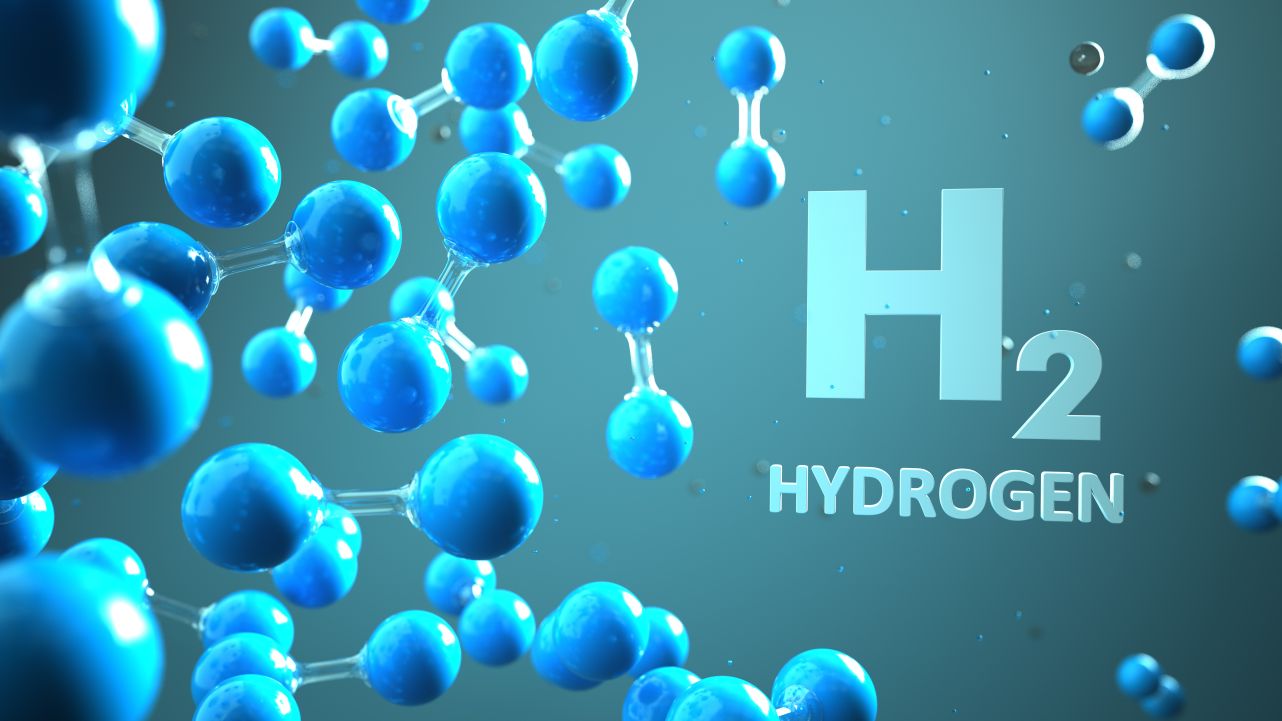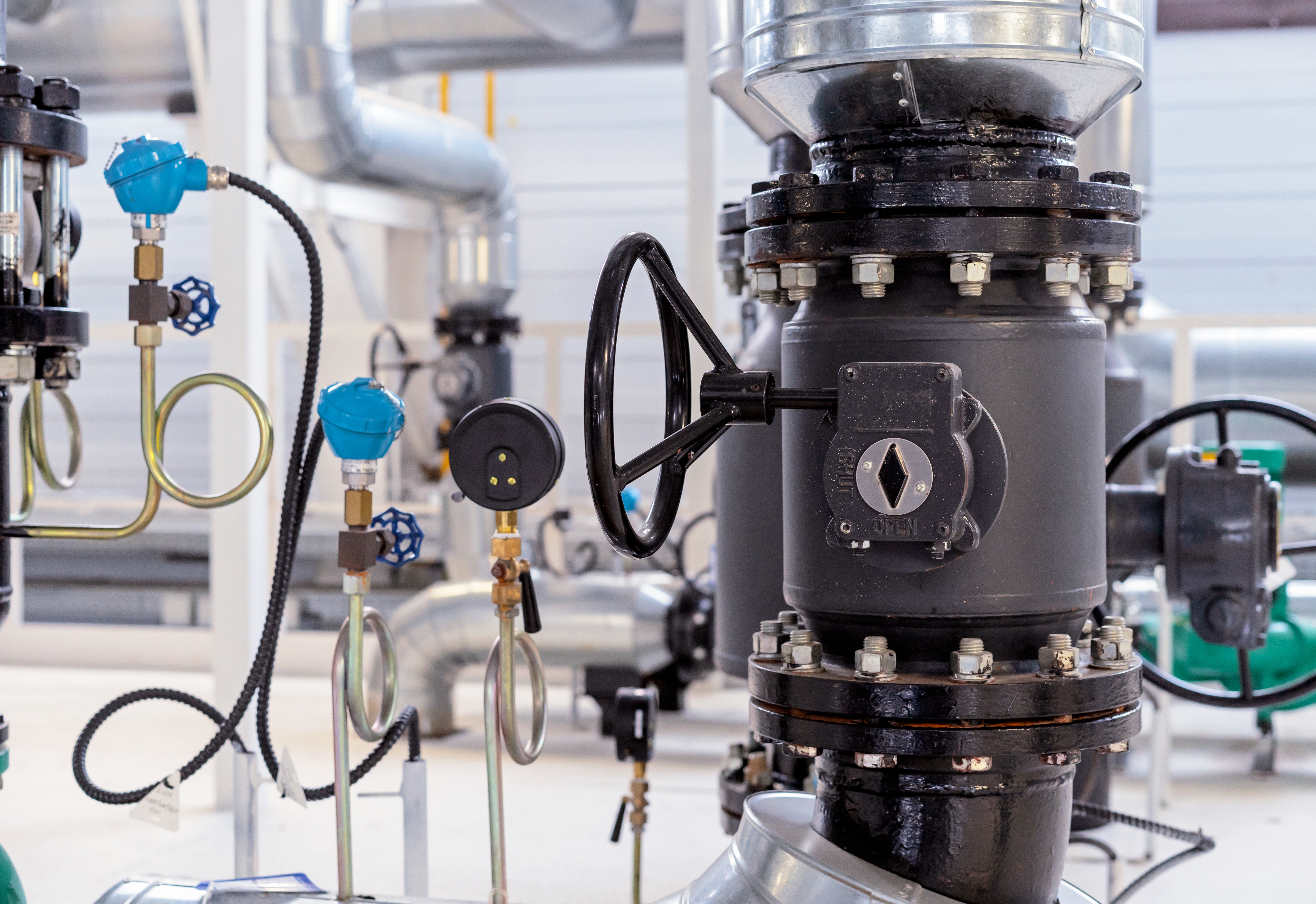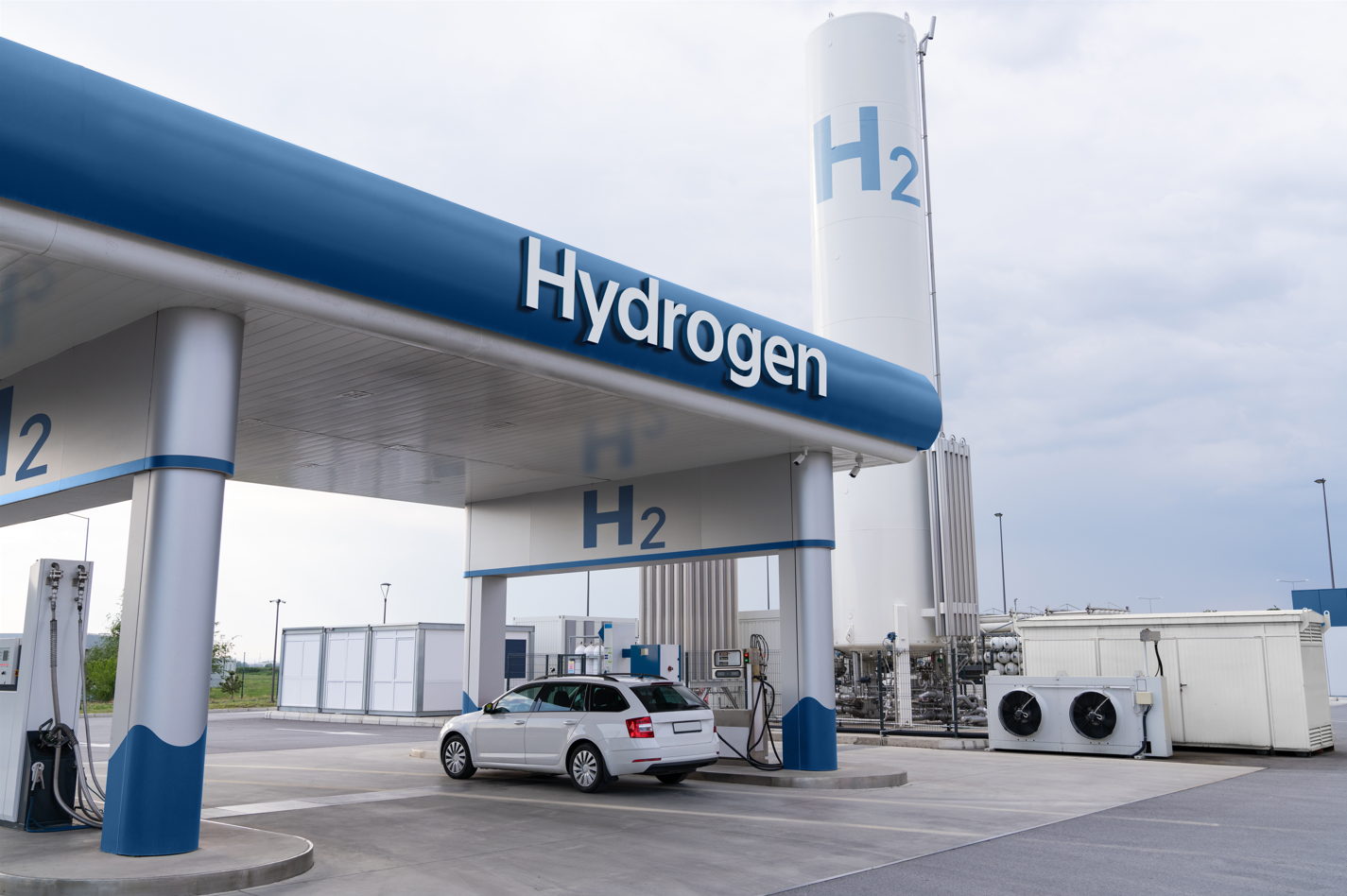Featured Articles
2023-02-20
[2023-02-20 ~
]
3 Things You Need To Know About the Hydrogen

3 Things You Need To Know About the Hydrogen
It is well known that hydrogen gas can be used as fuel is common knowledge and exists in the readily available atmosphere, but it has not been well used. Hydrogen production is not a new technology, and spacecraft have long used hydrogen as fuel to generate electricity. One of the main reasons why hydrogen energy is not widely used is that its properties are secondary energy, and it must be converted into so-called primary energy naturally occurring in nature, such as solar energy, wind energy, coal, or oil, and the cost is relatively high. In contrast, in the past, the industry invested the largest resources in related technologies that used oil as the main energy source, which undoubtedly created the economy and the reality of readily available, and naturally drastically reduced the feasibility of other alternative energy sources, including hydrogen. However, in recent years, driven by the reduction of the cost of renewable energy and the world trend of carbon reduction and zero emissions, a new opportunity for hydrogen energy has quietly arrived.
Over the past two decades, many world-renowned car manufacturers have quietly invested in the development of hydrogen energy technology with the attitude of duck paddling, and gradually blossomed and produced concrete results. The most typical example is Toyota's Mirai hydrogen car announced in 2014; South Korean Hyundai Motor also released the Nexo model in 2018. With the development of hydrogen energy in automobiles, the safety of this new energy source has also attracted attention. The flammability of hydrogen can even cause explosions, making people fear and repulsion of hydrogen, and it is difficult to understand the feasibility of becoming a fuel for automobiles. This stereotype may come from hydrogen balloons or the bombing of the Hindenburg spacecraft. As the trend of hydrogen energy becomes increasingly intense, major global car manufacturers have successively invested in the development and mass production of various models and must prove their safety with a more rigorous attitude and gain the trust of the consumer public.
Hydrogen Is Safer than Gasoline, but Leakage Needs to be Monitored technically
Hydrogen is indeed a flammable gas and has the possibility of explosion, but this kind of cognition does not help to understand the extent of its occurrence. It must be discussed from a scientific point of view and compared with existing fossil fuels to have a more specific experience.
It can be mentioned from several levels of its characteristics. First of all, from the ignition temperature, hydrogen is about 527 degrees C, which is 300 degrees higher than gasoline, and it is not easy to spontaneously ignite. The minimum ignition energy is only 0.02 mJ, which is lower than other fuels. The second is to consider the diffusibility. Hydrogen is almost the lightest of all substances, about one-fourteenth of air, so it is easy to diffuse in the air and difficult to form the conditions for ignition. Even in the event of a vehicle fire, the possibility of leaking hydrogen and burning it is almost non-existent. In terms of explosion energy per unit volume, hydrogen is less than one-twentieth of gasoline gas, the lowest among common gases. On the whole, the conditions for the deflagration of hydrogen are sequential, at least it must reach a certain concentration and meet the ignition conditions to occur. Conversely, if the ignition conditions are met first, then the hydrogen will be like a gas furnace, and the hydrogen will be burned as much as it is discharged, without deflagration.
Due to the low radiation ability of the hydrogen flame, once it deflagrates, it is not easy to ignite nearby human bodies or objects through radiant heat transfer. In contrast, when gasoline burns, it can produce flow due to its liquid properties, or the radiation of the flame leading to spread. Gasoline is more prone to secondary fires than hydrogen, and the resulting smoke and haze can be harmful, whereas hydrogen combustion produces only water vapor. Therefore, the overall safety of hydrogen is far better than that of gasoline. In contrast, the biggest concern of hydrogen is its diffusivity. If complete leakage control can be achieved technically, its safety will be more guaranteed.
In the past, several media outlets have made a fuss about three hydrogen-related accidents, all of which occurred in 2019, including an explosion at a hydrogen refueling station in Norway, injuring two drivers; and an explosion at a hydrogen storage tank at a hydrogen plant in Gangneung, South Korea, killing two people and 6 people were slightly injured; multiple hydrogen transport vehicles in Santa Clara, USA, leaked high-pressure hydrogen, causing spontaneous combustion and serial explosions. These three accidents occurred at the hydrogen production link in South Korea, the storage and transportation link in the United States, and the hydrogen refueling station in Norway. The common point is that they happened in the hydrogen fuel supply system. A large amount of oxygen is released in the process of water electrolysis to produce hydrogen, which leads to high oxygen density and easy combustion and is related to human operation. These problems can be easily solved technically and administratively, and similar incidents will not happen again after that.
However, it is seriously misleading to associate these events with the safety of hydrogen vehicles. So far, there have been no accidents involving hydrogen vehicles due to hydrogen leakage. Hydrogen vehicles do not have the above-mentioned process of producing hydrogen fuel and have an extremely strict mechanism to achieve sufficient safety. As early as 2015, the United Nations issued R134 as a unified technical specification for the safety testing regulations of hydrogen vehicles in various countries.
References
Over the past two decades, many world-renowned car manufacturers have quietly invested in the development of hydrogen energy technology with the attitude of duck paddling, and gradually blossomed and produced concrete results. The most typical example is Toyota's Mirai hydrogen car announced in 2014; South Korean Hyundai Motor also released the Nexo model in 2018. With the development of hydrogen energy in automobiles, the safety of this new energy source has also attracted attention. The flammability of hydrogen can even cause explosions, making people fear and repulsion of hydrogen, and it is difficult to understand the feasibility of becoming a fuel for automobiles. This stereotype may come from hydrogen balloons or the bombing of the Hindenburg spacecraft. As the trend of hydrogen energy becomes increasingly intense, major global car manufacturers have successively invested in the development and mass production of various models and must prove their safety with a more rigorous attitude and gain the trust of the consumer public.
Hydrogen Is Safer than Gasoline, but Leakage Needs to be Monitored technically
Hydrogen is indeed a flammable gas and has the possibility of explosion, but this kind of cognition does not help to understand the extent of its occurrence. It must be discussed from a scientific point of view and compared with existing fossil fuels to have a more specific experience.
It can be mentioned from several levels of its characteristics. First of all, from the ignition temperature, hydrogen is about 527 degrees C, which is 300 degrees higher than gasoline, and it is not easy to spontaneously ignite. The minimum ignition energy is only 0.02 mJ, which is lower than other fuels. The second is to consider the diffusibility. Hydrogen is almost the lightest of all substances, about one-fourteenth of air, so it is easy to diffuse in the air and difficult to form the conditions for ignition. Even in the event of a vehicle fire, the possibility of leaking hydrogen and burning it is almost non-existent. In terms of explosion energy per unit volume, hydrogen is less than one-twentieth of gasoline gas, the lowest among common gases. On the whole, the conditions for the deflagration of hydrogen are sequential, at least it must reach a certain concentration and meet the ignition conditions to occur. Conversely, if the ignition conditions are met first, then the hydrogen will be like a gas furnace, and the hydrogen will be burned as much as it is discharged, without deflagration.
Due to the low radiation ability of the hydrogen flame, once it deflagrates, it is not easy to ignite nearby human bodies or objects through radiant heat transfer. In contrast, when gasoline burns, it can produce flow due to its liquid properties, or the radiation of the flame leading to spread. Gasoline is more prone to secondary fires than hydrogen, and the resulting smoke and haze can be harmful, whereas hydrogen combustion produces only water vapor. Therefore, the overall safety of hydrogen is far better than that of gasoline. In contrast, the biggest concern of hydrogen is its diffusivity. If complete leakage control can be achieved technically, its safety will be more guaranteed.
In the past, several media outlets have made a fuss about three hydrogen-related accidents, all of which occurred in 2019, including an explosion at a hydrogen refueling station in Norway, injuring two drivers; and an explosion at a hydrogen storage tank at a hydrogen plant in Gangneung, South Korea, killing two people and 6 people were slightly injured; multiple hydrogen transport vehicles in Santa Clara, USA, leaked high-pressure hydrogen, causing spontaneous combustion and serial explosions. These three accidents occurred at the hydrogen production link in South Korea, the storage and transportation link in the United States, and the hydrogen refueling station in Norway. The common point is that they happened in the hydrogen fuel supply system. A large amount of oxygen is released in the process of water electrolysis to produce hydrogen, which leads to high oxygen density and easy combustion and is related to human operation. These problems can be easily solved technically and administratively, and similar incidents will not happen again after that.
However, it is seriously misleading to associate these events with the safety of hydrogen vehicles. So far, there have been no accidents involving hydrogen vehicles due to hydrogen leakage. Hydrogen vehicles do not have the above-mentioned process of producing hydrogen fuel and have an extremely strict mechanism to achieve sufficient safety. As early as 2015, the United Nations issued R134 as a unified technical specification for the safety testing regulations of hydrogen vehicles in various countries.
References
- Plastic Today, 2016-06-01, Polyamide makes its mark in high-pressure hydrogen tank for Toyota fuel cell vehicle
- Hyundai Motor Group, 2019-09-06, What Makes Fuel Cell Electric Vehicles Safe?
- Toyota, 2022-03-15, Toyota Develops Storage Module Utilizing Resin High-Pressure Hydrogen Tanks
- Automotive Media Response, 2014-11-21, 池原照雄, 水素タンクが炎に包まれたら? 気になるFCVと「未知の燃料」の安全性



